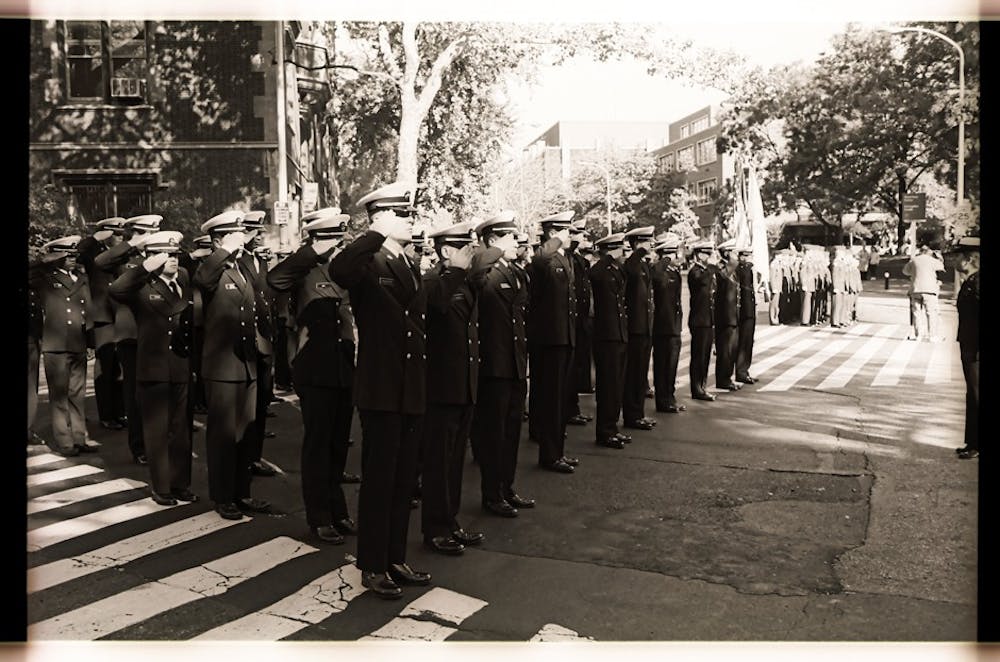
Yale and Columbia universities announced last week that they have reinstated their Reserve Officers’ Training Corps programs after banning them decades ago.
A majority student vote at the universities approved ROTC to return to their campuses — several months after the Dec. 22 repeal of “Don’t Ask, Don’t Tell,” which prohibited openly gay individuals from serving in the armed forces. In March, Harvard University reinstated its ROTC program.
ROTC was banned at both Yale and Columbia in 1969 amid student outrage over the unpopular Vietnam War.
Rising Yale junior and LGBT board member Amalia Skilton was not pleased about the decision. The ROTC “should not be allowed on the campus of any university … because the armed forces still have a number of policies that actively discriminate,” she said, referring to the fact that transsexuals are still not permitted in the military.
However, rising Columbia sophomore Chris Crant said the decision was one that “other Ivies should follow.” After Yale and Columbia’s partnership with the ROTC, Brown and Dartmouth remain the only two Ivy League schools that have not extended a hand to the program.
At Penn, the ROTC program was founded in 1940 after a call for highly trained officers throughout the nation. It was never banned but remained quite small, with a graduating class of only about 35 in recent years, compared to Pennsylvania State University’s 250 members.
Members of the Penn community are unsure how this will affect Penn’s own ROTC program and its relationship with the lesbian, gay, bisexual and transgender community.
Rising College sophomore Robert Franco cannot see a lasting partnership because combining the military and the LGBT community is “like mixing water and oil,” he said.
Although strides are being made on the campuses of other Ivy League schools, not much progress has been made to form a relationship between the two organizations at Penn, said rising College senior Victor Galli, vice chair of Political Affairs of Penn’s umbrella LGBT organization Lambda Alliance.
ROTC has “not discussed anything with us. They have not approached us. They have not seen what we think about them,” he said.
Conversely, rising College sophomore Jonathan Fried was happy with the progress because “students should be given the opportunity to seek out the military, and their university should not block their right to serve,” he said.
Fried, however, said that Columbia and Yale’s decisions would not impact students at Penn greatly because it was “unlikely Penn students wait and see what Columbia and Yale do before they make their own decisions.”
Note: A quote in the original version of this article from Bob Schoenberg, Director of the Penn LGBT Center, implied he was expressing an opinion about the return of ROTC units to Columbia and Yale Universities. In fact, it was excerpted from a general statement about ROTC units and campus LGBT communities provided via email by Schoenberg, and has been removed.
The Daily Pennsylvanian is an independent, student-run newspaper. Please consider making a donation to support the coverage that shapes the University. Your generosity ensures a future of strong journalism at Penn.
DonatePlease note All comments are eligible for publication in The Daily Pennsylvanian.








